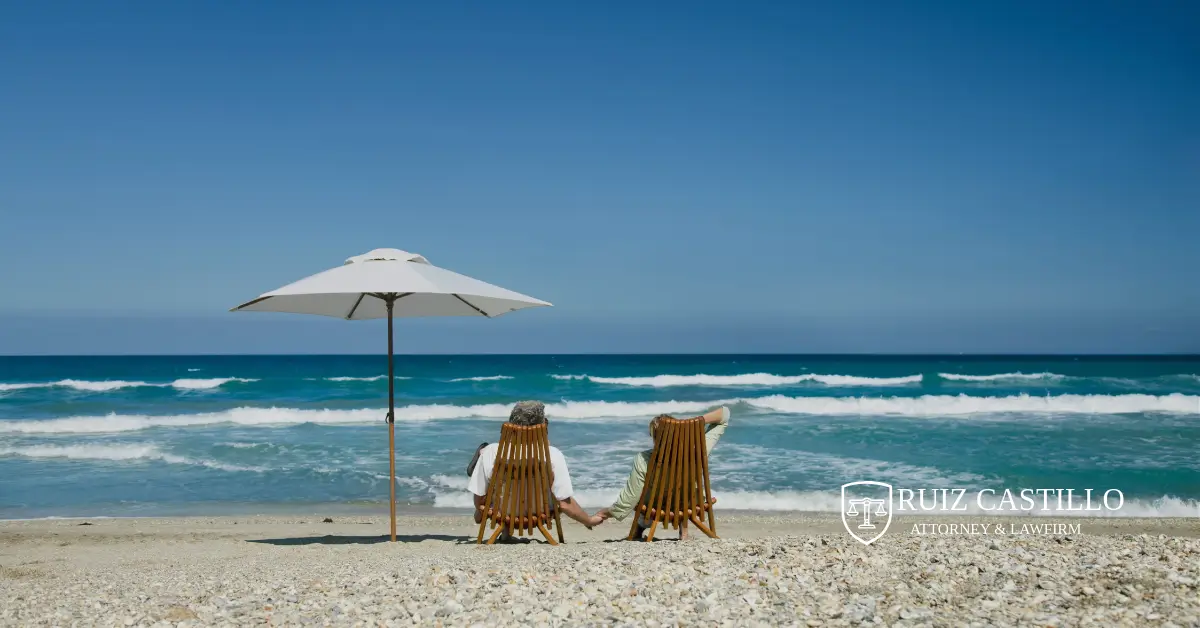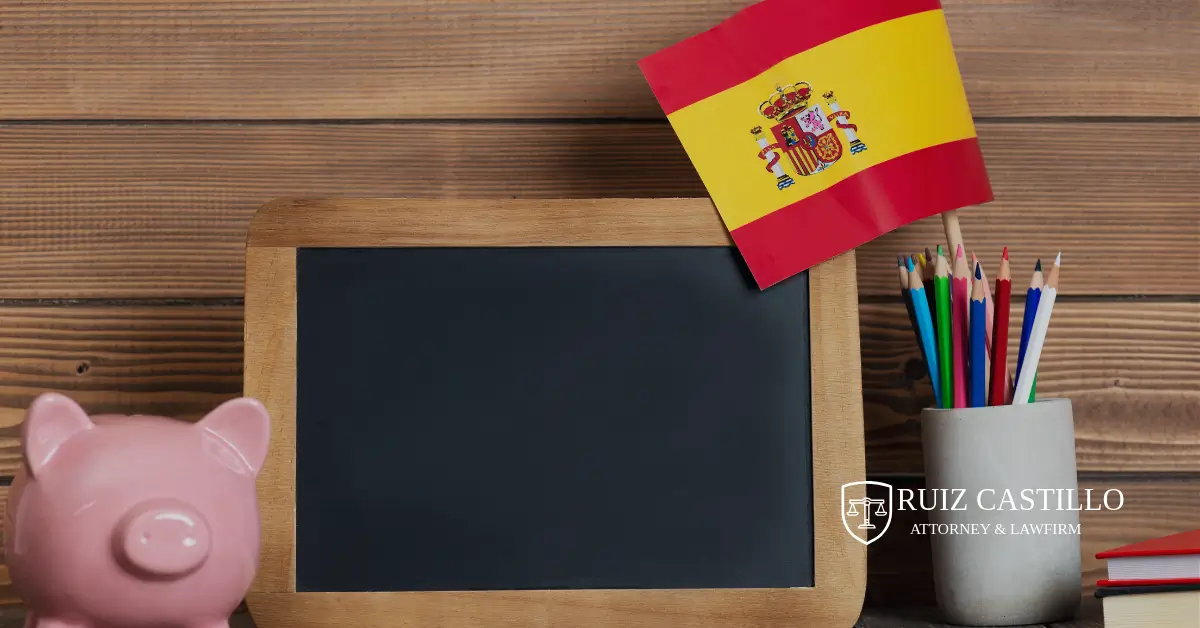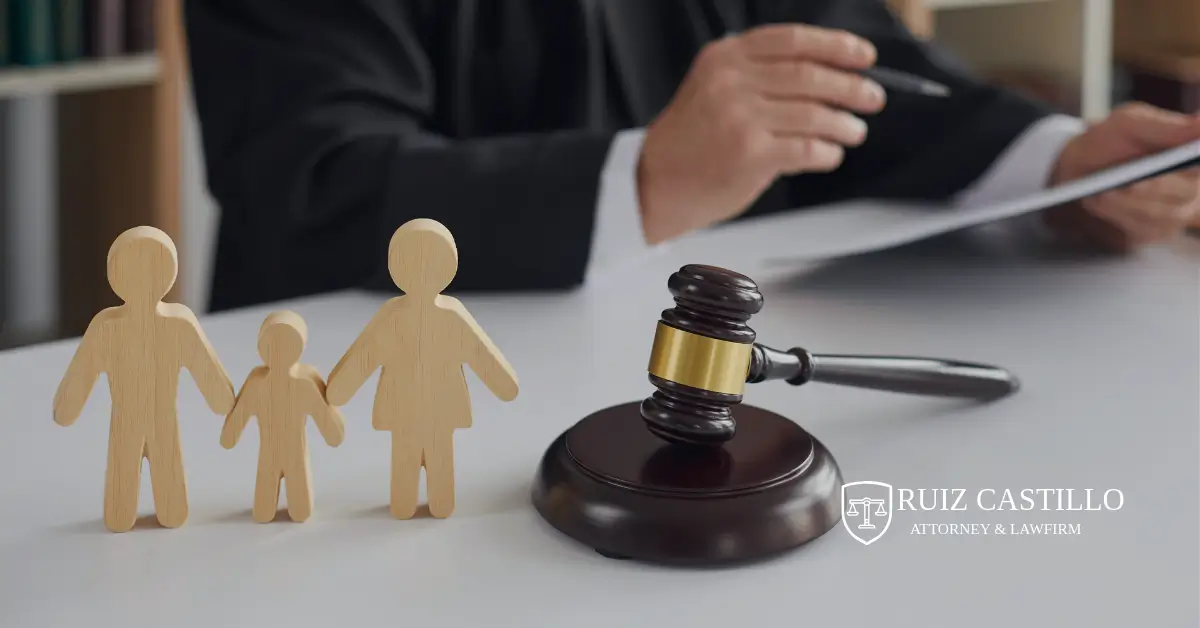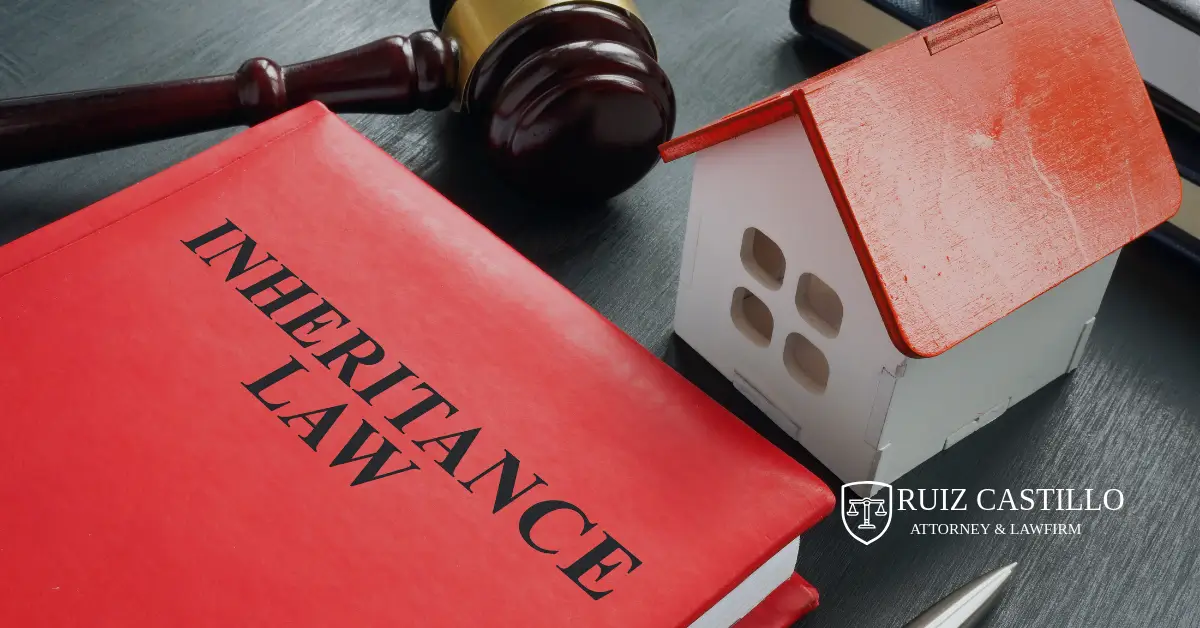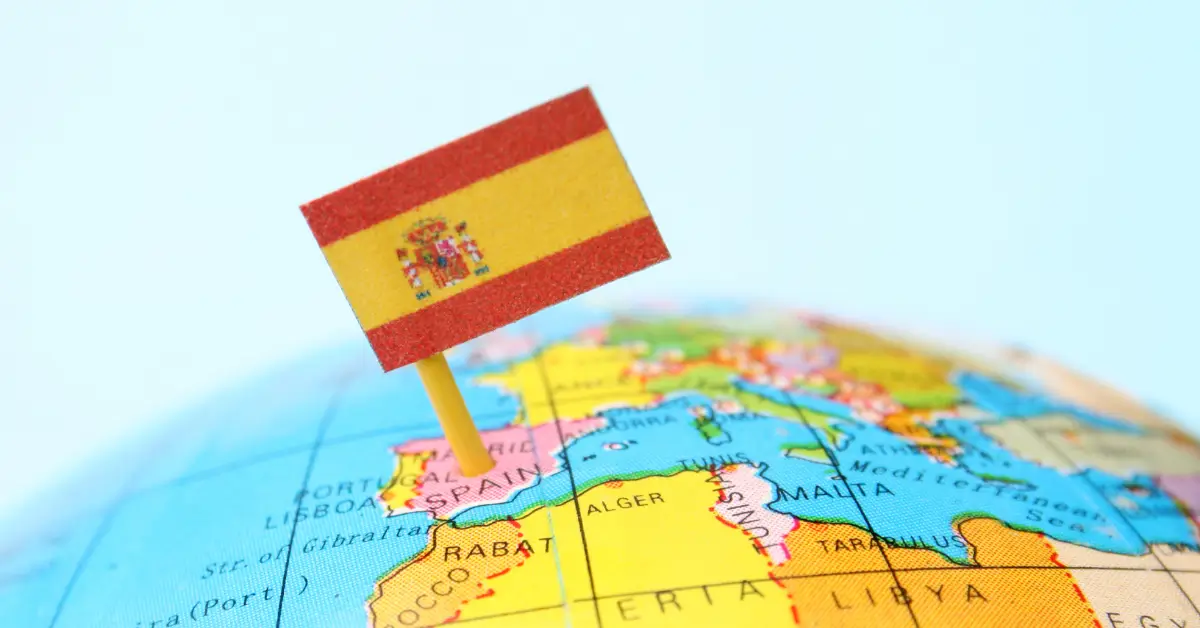
Investing in property in Spain can be an exciting and rewarding venture, but it requires careful planning and an understanding of local laws and taxes. Whether you are purchasing a vacation home, planning to relocate, or looking to invest, it’s essential to navigate the legal landscape properly. This comprehensive guide will walk you through the […]
Happy clients
Experience
Masters degrees
Investing in property in Spain can be an exciting and rewarding venture, but it requires careful planning and an understanding of local laws and taxes. Whether you are purchasing a vacation home, planning to relocate, or looking to invest, it’s essential to navigate the legal landscape properly. This comprehensive guide will walk you through the key steps, including legal requirements, taxes, and additional considerations to help you make informed decisions. For personalized assistance, feel free to contact me, José María Ruiz Castillo, for expert legal support throughout your property purchase journey.
Purchasing real estate in Spain involves several legal requirements, particularly for foreigners. The following sections outline the key legal steps that you must take to ensure a smooth property purchase.
Read my in-depth article about the legal steps to buying property in Spain.
The process of buying property in Spain begins with finding a suitable property and conducting the necessary due diligence, which includes confirming the legal status of the property, checking for debts, and ensuring it has the necessary licenses. Typically, a preliminary contract (Contrato de Arras) is signed, where a deposit is paid to reserve the property. After this, the process moves toward the final contract, which must be notarized.
Understanding the full scope of the buying process helps ensure that you are prepared for each step. Working with a lawyer during this process can help ensure all legal aspects are handled efficiently.
A Número de Identificación de Extranjero (NIE) is essential for all non-residents who wish to buy property in Spain. Without an NIE, you cannot complete the transaction, as it is necessary for opening a Spanish bank account, signing contracts, paying property taxes, and other official procedures.
You can apply for the NIE in person at a Spanish police station or through the Spanish consulate in your home country. Alternatively, you can appoint a legal representative in Spain, which can save time and effort, especially if you’re abroad. This number is critical for all your dealings in Spain, so it’s important to secure it as early as possible in the property-buying process. Should you need assistance with obtaining an NIE, I can guide you through the process efficiently.
Read my in-depth article about the NIE and its importance in Spanish property transactions.
In Spain, notaries play a fundamental role in property transactions. They are public officials who ensure the transaction complies with Spanish law, act as impartial witnesses, and verify the authenticity of the documents involved. Once the contract is signed, the notary submits the purchase to the land registry, officially transferring ownership of the property.
Notaries also ensure that both the buyer and seller are fully aware of the legal implications of the transaction, reducing the risk of any misunderstandings. Although their role is vital, it’s important to also seek independent legal advice to ensure your best interests are represented throughout the process. For professional legal guidance, you can contact me directly.
Once you own property in Spain, there are several taxes you need to be aware of. These taxes can vary based on the type of property, its location, and whether you are a resident or non-resident. Let’s look at the most common taxes related to property ownership.
Read my in-depth article about the Spanish property taxes and what homeowners need to know.
The Impuesto sobre Bienes Inmuebles (IBI) is an annual tax that property owners must pay to the local municipality. This tax is calculated based on the cadastral value of the property, which is typically lower than its market value. The IBI rate can vary depending on the municipality and the type of property, but it is generally around 0.4% to 1.1% of the cadastral value.
It’s essential to budget for this annual expense, as failure to pay can result in penalties or legal action. If you’re unsure about how much IBI you need to pay or when it’s due, I can help you understand the specifics and manage your tax obligations effectively.
In addition to IBI, there are other taxes that may apply during the property purchase process:
These taxes can significantly impact the overall cost of buying property in Spain, so it’s important to account for them in your budget. I can provide detailed guidance on how to calculate these taxes and ensure you’re fully prepared.
When you sell a property in Spain, you may be subject to capital gains tax (CGT) on the profit you make from the sale. The tax is calculated based on the difference between the purchase price and the sale price, taking into account any allowable deductions such as improvements made to the property or legal fees.
For residents, capital gains tax rates range from 19% to 23%, while non-residents are subject to a flat rate of 19%. If the property has been your primary residence for at least three years, you may qualify for exemptions, especially if you reinvest the proceeds into another property. Understanding how capital gains tax applies to your situation is crucial, and I can help you minimize your tax liability.
Read my in-depth article about renting out your Spanish property.
If you are a non-resident property owner in Spain, you are subject to annual taxes even if the property is not rented out. Non-residents must pay Non-Resident Income Tax (IRNR), which is based on the property’s cadastral value. The tax rate for non-residents is typically 24%, but it can vary depending on your country of residence and any applicable tax treaties. I can help you understand your obligations and ensure you stay compliant with Spanish tax laws.
Read my in-depth article about inheritance laws in Spain and how they affect foreign property owners.
Buying and owning property in Spain as a foreigner requires careful attention to legal details and tax obligations. From securing your NIE to understanding capital gains tax, there are many factors to consider when making such an investment. With the right legal support, however, the process can be smooth and rewarding.
For expert legal guidance on buying property in Spain, including help with the NIE process, or navigating taxes, contact me, José María Ruiz Castillo, directly. I’m here to ensure your property purchase is secure, and all legal aspects are properly managed. Let me take care of the complexities, so you can focus on enjoying your investment in Spain.


